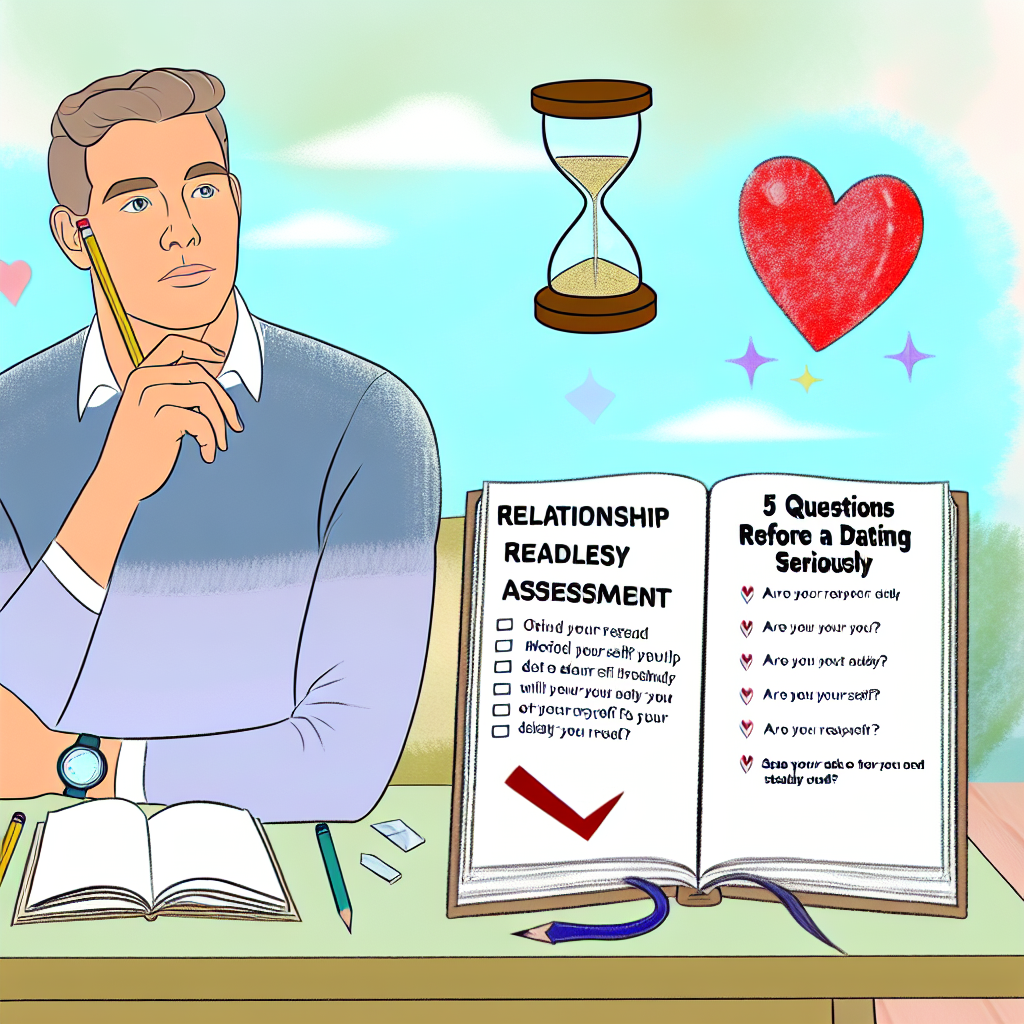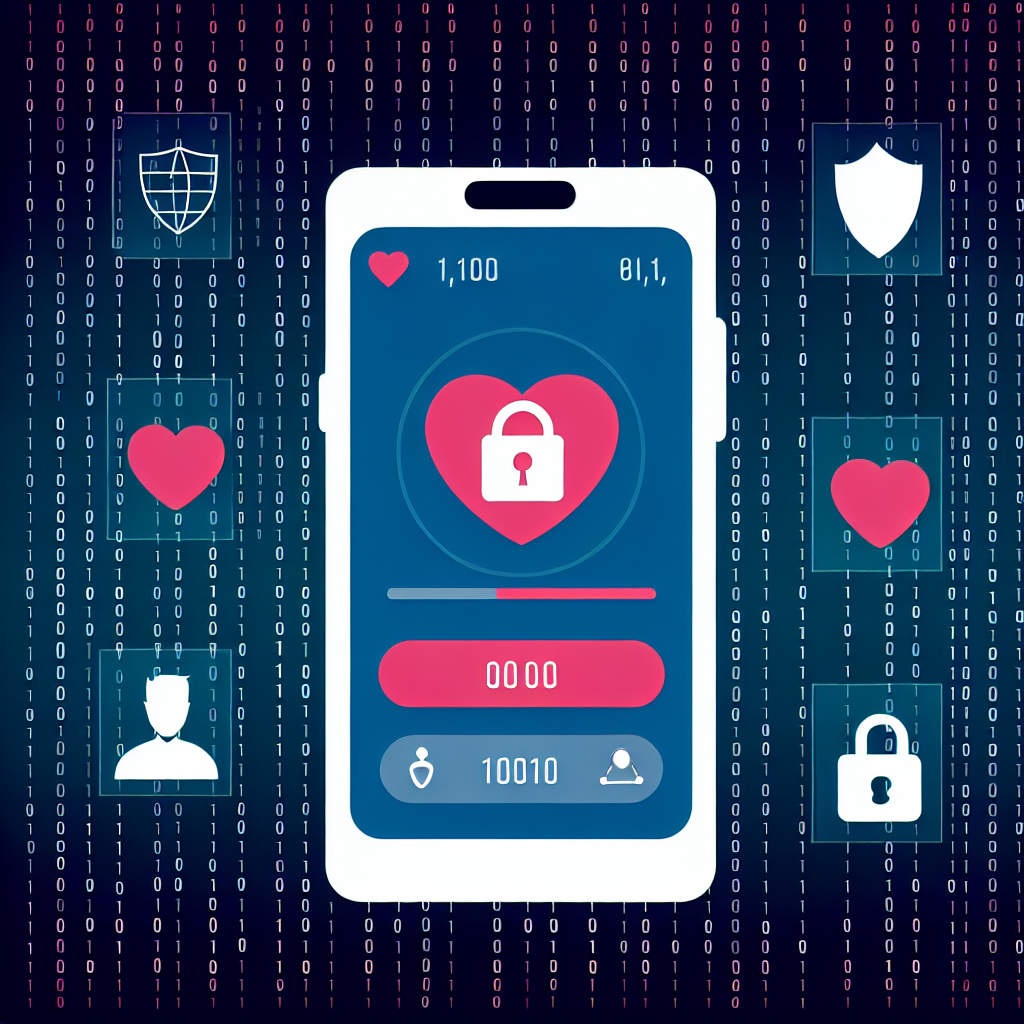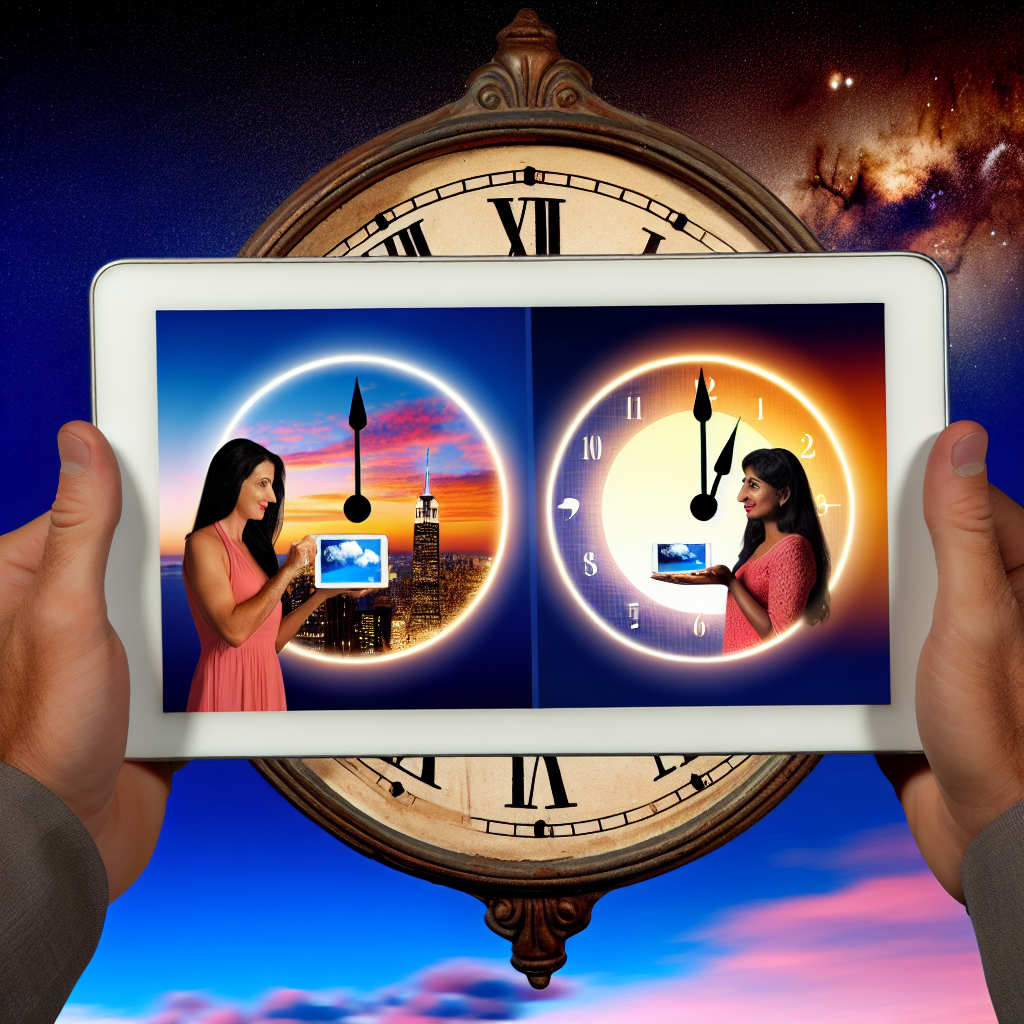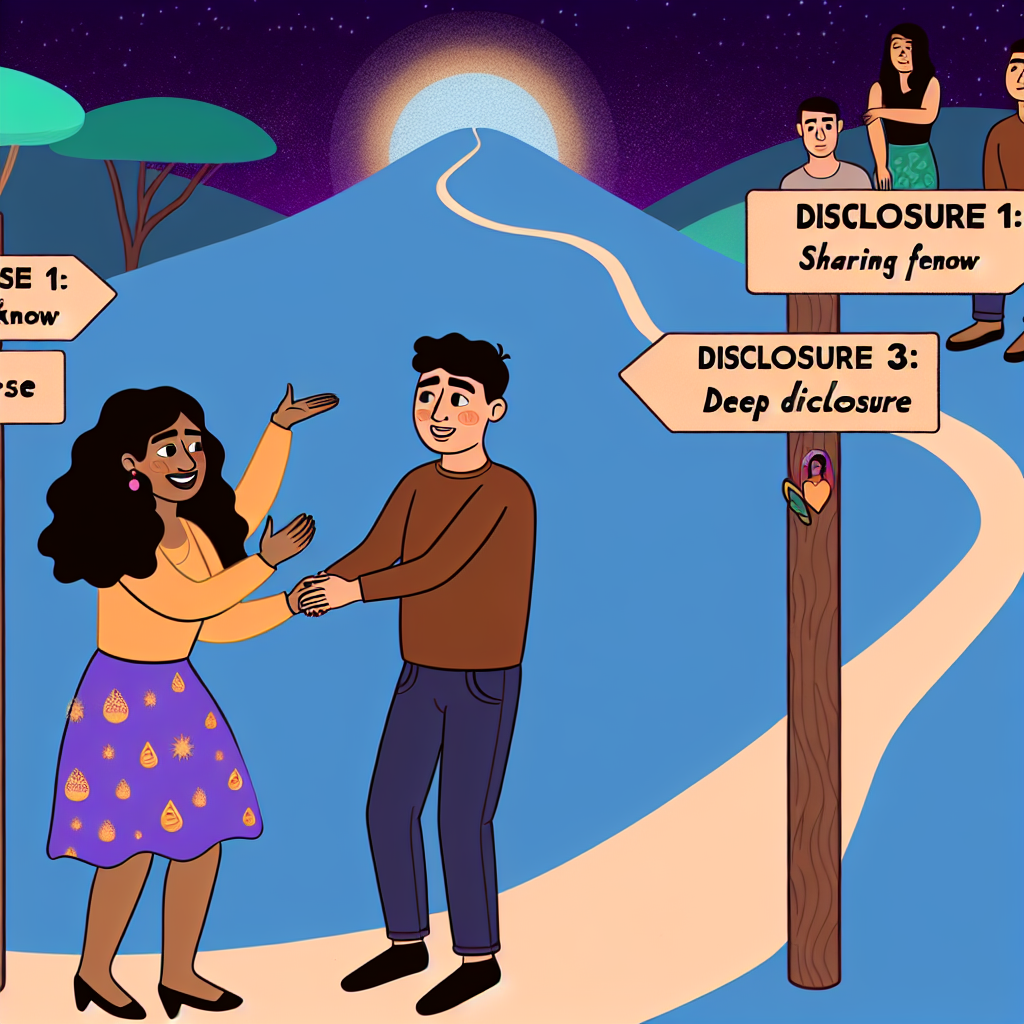The Relationship Readiness Assessment – 5 Questions to Ask Yourself Before You Start Dating Seriously
Introduction
In today’s fast-paced, digitally-connected world, finding **love** has never been easier — or more complicated. With **dating apps** providing thousands of potential matches at your fingertips, the possibilities seem endless. But amid swipe culture, modern romantic trends like “situationships,” and social media-fueled expectations, one critical step is often overlooked before diving into the dating pool: asking yourself if you’re truly ready for a **serious relationship**.
**Relationship readiness** isn’t just about wanting companionship or feeling lonely. It involves emotional self-awareness, healthy communication, and the ability to navigate **intimacy** with maturity and empathy. Whether you’re just entering the dating world or returning after a long-term relationship, assessing your emotional preparedness can help prevent heartache and foster deeper, healthier connections.
Many people confuse desire with readiness. You may crave closeness, support, or romance — but are you in a position mentally and emotionally to give the same in return? A 2022 study in the Journal of Social and Personal Relationships revealed that individuals who practiced self-reflection before starting a relationship experienced higher satisfaction and longer-lasting connections.
In truth, **dating success** begins with honesty — not with your date, but with yourself. Identifying what you want, understanding your emotional boundaries, and healing past wounds are essential in building meaningful partnerships. This moment of reflection could save you months — or years — of emotional confusion and unhealthy patterns.
The Relationship Readiness Assessment is not just another trendy self-help checklist. It’s a strategic introspective guide backed by psychological research and designed specifically for today’s singles. The following five questions aim to clarify whether you’re entering the dating scene with genuine readiness. Let them act as your compass toward a fulfilling romantic journey.
Scientific and Professional Insight
Recognizing relationship readiness as a measurable, meaningful concept is deeply rooted in psychology and counseling. According to the American Psychological Association (APA), emotional readiness is defined as “the individual’s capacity to enter into and maintain healthy emotional interdependence with a romantic partner.”
A 2019 study in Current Psychology highlighted the role of self-concept clarity — the extent to which individuals understand themselves — in romantic relationship satisfaction. People with clear self-identities are more likely to create secure attachments, communicate effectively, and maintain boundaries.
John Bowlby’s well-known Attachment Theory, further developed by Mary Ainsworth, emphasizes the lasting effect of early emotional bonds. Individuals with a secure attachment style — characterized by trust in oneself and others — tend to form more stable, fulfilling romantic connections.
In a 2020 article from the Journal of Marital and Family Therapy, researchers found that individuals with high emotional intelligence manage conflict better, display greater empathy, and report higher overall relationship satisfaction.
Dr. Alexandra Solomon, a clinical psychologist and Northwestern University professor, underscores the importance of healing from past relationships. According to her, one major indicator of readiness is whether someone has processed previous breakups and can approach new relationships without carrying unexamined “baggage.”
Increasingly, dating has become an autopilot pattern — a loop of unsatisfying connections borne out of unprocessed emotions or unclear intentions. Especially in the age of apps and instant gratification, self-awareness has never been more essential.
The Relationship Readiness Assessment: 5 Questions to Ask Yourself
1. Have I healed from past relationships?
Unhealed emotional wounds can resurface and distort expectations in new relationships. If you still feel resentment, sadness, or longing when thinking about a former partner, it might be too soon to pursue someone new. Healing involves reflection, forgiveness, and learning. Practice self-compassion and allow yourself the space to process those feelings before diving back in.
2. Do I have a strong sense of self and life direction?
Knowing who you are — your values, goals, and boundaries — gives your relationship structure. Without a stable sense of identity, you risk becoming overly dependent or compromising yourself. When you understand your own narrative, you’re able to share your life meaningfully with someone else, not depend on them for definition or purpose.
3. Am I looking for a relationship or running from something?
Relationships born from fear — fear of loneliness, age-related pressure, or social expectations — rarely yield long-term satisfaction. Entering a relationship to avoid emptiness or as an escape from personal uncertainty does a disservice to both partners. Ensure your motivations are rooted in healthier desires like companionship, mutual growth, and shared life values.
4. Can I communicate honestly and listen empathetically?
Open, respectful communication is the backbone of every strong relationship. Consider: Are you ready to speak your truth without blaming or withdrawing? Are you willing to truly listen, even when it’s uncomfortable? Emotional intimacy requires trust and the ability to both express feelings and receive them without defensiveness.
5. Do I have space in my life for a relationship?
A healthy partnership requires time, emotional energy, and a willingness to adapt. If your life is consumed by work, family obligations, or personal healing, you may not yet have the resources to foster a new relationship. Assess whether you can realistically invest in someone else without compromising yourself or them.
Conclusion
Being ready for a relationship is not about age, status, or longing — it’s about emotional maturity and intentional action. Use these questions to pause, reflect, and align yourself with what you truly need and can give. By starting from a place of readiness, you create space for real connection, not just connection for connection’s sake.
Rather than viewing these questions as obstacles, see them as stepping stones toward a healthier you — and by extension, a more fulfilling and balanced romantic journey. The right partner doesn’t complete you; they complement the self-aware, emotionally prepared person you already are.
Concise Summary
Before diving into a serious relationship, it’s vital to assess your emotional and psychological readiness. This article introduces five key questions designed to guide introspection: Have you healed from the past? Do you have a strong sense of self? Are your motivations healthy? Can you communicate effectively? Do you have room in your life for someone new? Backed by studies from the APA and experts in emotional health, the Relationship Readiness Assessment helps modern daters build secure, satisfying partnerships by starting from a place of emotional clarity and intention.
References
– Current Psychology: Self-Concept Clarity and Romantic Relationships
– American Psychological Association (APA) Journals on Personality and Social Psychology
– John Bowlby’s Attachment Theory Overview
– Journal of Marital and Family Therapy: Emotional Intelligence and Relationship Readiness
– Dr. Alexandra Solomon – Emotional Health and Dating Readiness

Dominic E. is a passionate filmmaker navigating the exciting intersection of art and science. By day, he delves into the complexities of the human body as a full-time medical writer, meticulously translating intricate medical concepts into accessible and engaging narratives. By night, he explores the boundless realm of cinematic storytelling, crafting narratives that evoke emotion and challenge perspectives. Film Student and Full-time Medical Writer for ContentVendor.com




